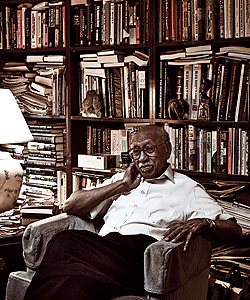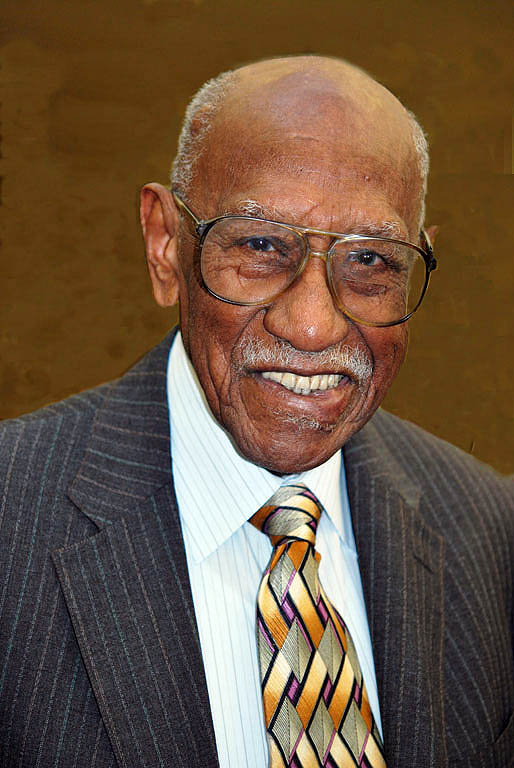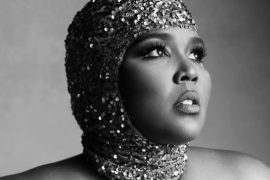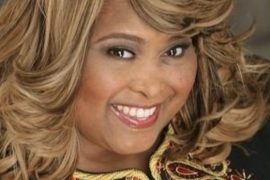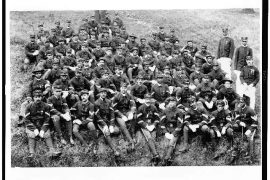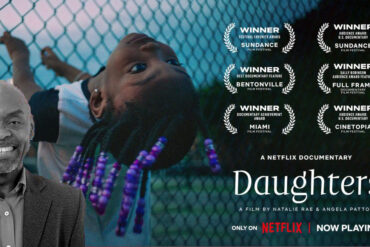Iconic Chicago historian and educator Timuel Black turned 100 years old on December 7, 2018.
He was celebrated with a grand party, “100 Years: Music and Memories, Tim Black’s Bestest Birthday Party,” at the South Shore Cultural Center on December 9, while a “Centenary Symposium on the Life and Times of Timuel D. Black” was held in his honor at the University of Chicago’s Logan Center on December 8.
Special music was commissioned in his honor as the Sonic Portraits Orchestra premiered The Living Legacy of Timuel Black: 100 years of Music and Memories.
The Birmingham, Alabama native is the author of the best-selling, two-volume book Bridges of Memory, a collection of interviews with African Americans who came to Chicago from the South, and Sacred Ground, his new memoir.
Tim taught for 30 years at the City Colleges of Chicago and for many more years in the Chicago Public Schools and has been an advisor to activists, a marcher, and so much more.
After the bombing of Pearl Harbor on his 23rd birthday in 1941, Tim joined the Army and fought unharmed in the Normandy Invasion and the Battle of the Bulge, two of the bloodiest battles of World War II. He earned four bronze battle stars, as well as a Croix de Guerre, the highest military honor accorded by France to non-citizens.
After watching African Americans fight and die in the war, Tim came back to a segregated Chicago and committed to activism from that moment on. Almost immediately he was fired from his job at Mutual Assurance Insurance Company when he tried to organize the agents into a union.
Tim enrolled in college and graduated from Roosevelt University with a Bachelor’s degree in Sociology in 1952 and went on to earn a Master’s degree from the University of Chicago. He began his long teaching career at DuSable High School in 1954.
Today, Timuel Black is of superb mind and is still very much about the business of supporting and advocating for equal rights and justice. I thought it would be grand to chat with Mr. Black as he closes out a century of living and begins another one.
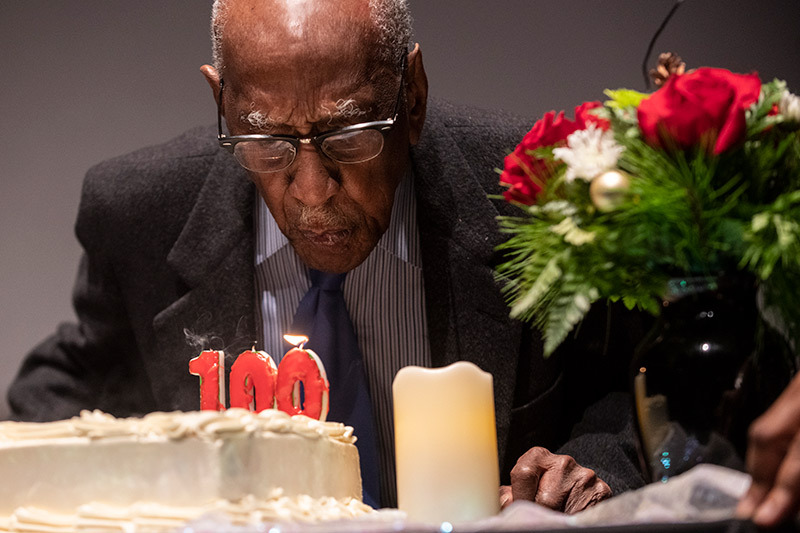
N’DIGO: What is the secret to living to be a century-years-old?
Timuel Black: You should be as fortunate as you can with the genetic code, because it passes to you. However, your attitude is important. You have to think that tomorrow is a better day, and moving forward, that you are doing something to make it a better day not just for yourself, but also for others. You keep making it a better day. The spirituality that you carry and inherit from your ancestors is important in working toward that.
What are the three most significant things you have seen in your life?
I have seen many things. What I remember from my early childhood is my class being taken to the Auditorium Theater to listen to Paul Robeson. I was in seventh or eighth grade. We heard a classical, world renowned singer and activist. His music told stories. He was amazing.
Secondly, The Harlem Globetrotters, who were not from Harlem. They were from the South Side of Chicago. They would give us instructions on how to behave when you were not in the Black community. They were like big brothers, playing basketball in the backyard of our homes.
You had to adapt to another style when traveling to different cities playing to different people, so that you could be accepted in another community. They would help younger men not only to play the game, but how to act when not in the Black belt.
Thirdly, marching with Dr. Martin Luther King in the 1950s and ’60s, singing We Shall Overcome.
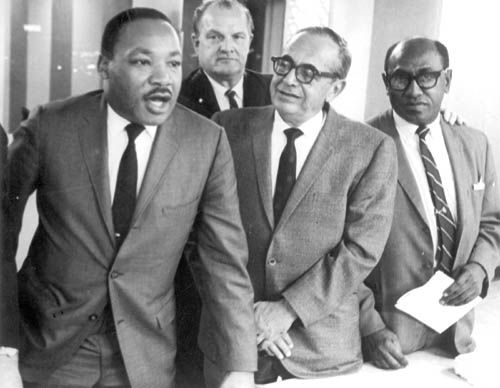
You have lived through many variations of racism in America; what’s the most noteworthy?
The most significant for me was wearing an American military uniform in my training area below the Mason-Dixie line. Even with my American military uniform on, a white man could tell me where I had to sit, although he had on civilian clothes. I could not sit in the area not designated especially for Negroes.
That was startling and difficult to adapt to after learning that if I didn’t adapt, I would be in trouble. A little known historical fact is that Jackie Robinson did not adapt when he was a lieutenant in the Army. This is an unknown story, but he sat where the whites sat and would not move.
Jackie received a discharge without honor and was court-martialed for disobeying the orders of an officer. He won the case. He was a commissioned officer. These were events that caused me and others like me to get involved in what later became known as the Civil Rights movement.
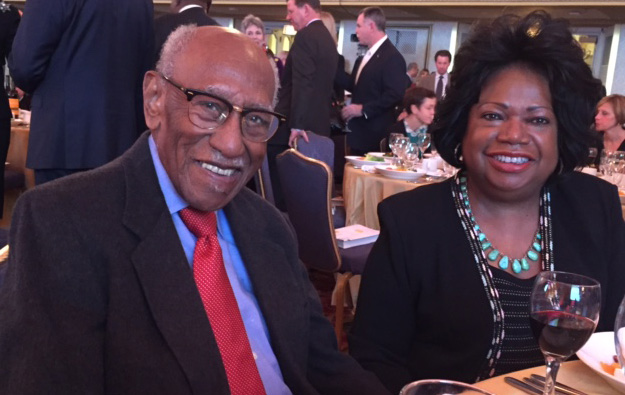
Retrospectively speaking, what would you change in your life?
It is hard to select what I would change, because so many things that I have done are things I thought should be done. It is difficult to select one change. Most of my life has been selective and I have been satisfied. The fact is, I tried to do the best that I could.
You have been an activist, a scholar, a political advisor, so based on that, tell us who you think has been the best Mayor of Chicago and why?
Harold Washington. In my opinion, he was a great mayor who had to overcome racial and political difficulties to bring about changes in housing and education and other elements where Blacks had historically been discriminated against.
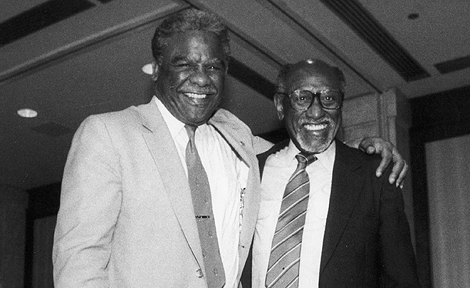
He did it and he had to do most of the work himself, because his staff was not prepared to make the changes that he advocated for. Many of his staff people did not work with him and his overwork brought him to the end of his life. He became too heavy and the stress was great because he was working too often on an individual basis. He was overweight by 100 pounds. His death was quite a loss.
Who has been the best President of the United States and why?
In my time, I think for my generation, it would be Lyndon Baines Johnson, who was the vice president before being president. He worked hard to bring about equality. (President Barack) Obama tried to bring about equality and justice and one of the areas he used effectively was what became known as Obamacare for healthcare provisions. He worked on immigration and creating jobs all over the country for the less educated. He was not as successful as he attempted to be, but he was a very good president.
What’s on your bucket list?
One of the things I want to do is to bring about equality for all people across race, gender and ethnic lines. People still suffer. Civil rights opened the door for the educated and privileged, but there are many undereducated. We now have a class division in the Black community. We are separated.
In my time, there was an intermix of people of color. We felt a sense of the future being available to things, different from our parents and grandparents. The division now has created bitterness, and we see it in the expression of things like street gangs.
Who would you most like to meet and have dinner with?
I would like to meet with you and have dinner and talk about the Hartman family that most people don’t know about. Your father, Herman Hartman, was an inspiration being among the first to sell Pepsi-Cola, and your uncle, (jazz singer) Johnny Hartman, had such a marvelous voice.
There have been so many examples. It is so important to know people. We lived in the Great Depression, but we were never depressed. We were encouraged by so much excellence and advancement in the community. We were segregated, but the dollar turned around in the Black belt about six times.
We didn’t make much money, but we had a job. We had all things in our neighborhoods. We were self-contained. We said, “Don’t spend your money where you can’t work.” If a proprietor didn’t hire us, we didn’t shop there, thus putting him out of business.
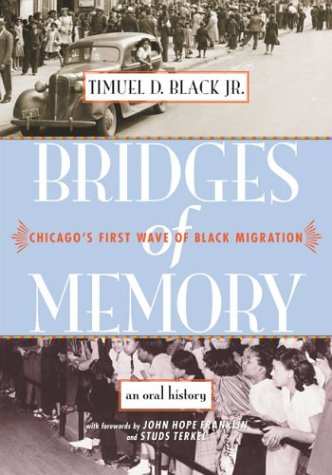
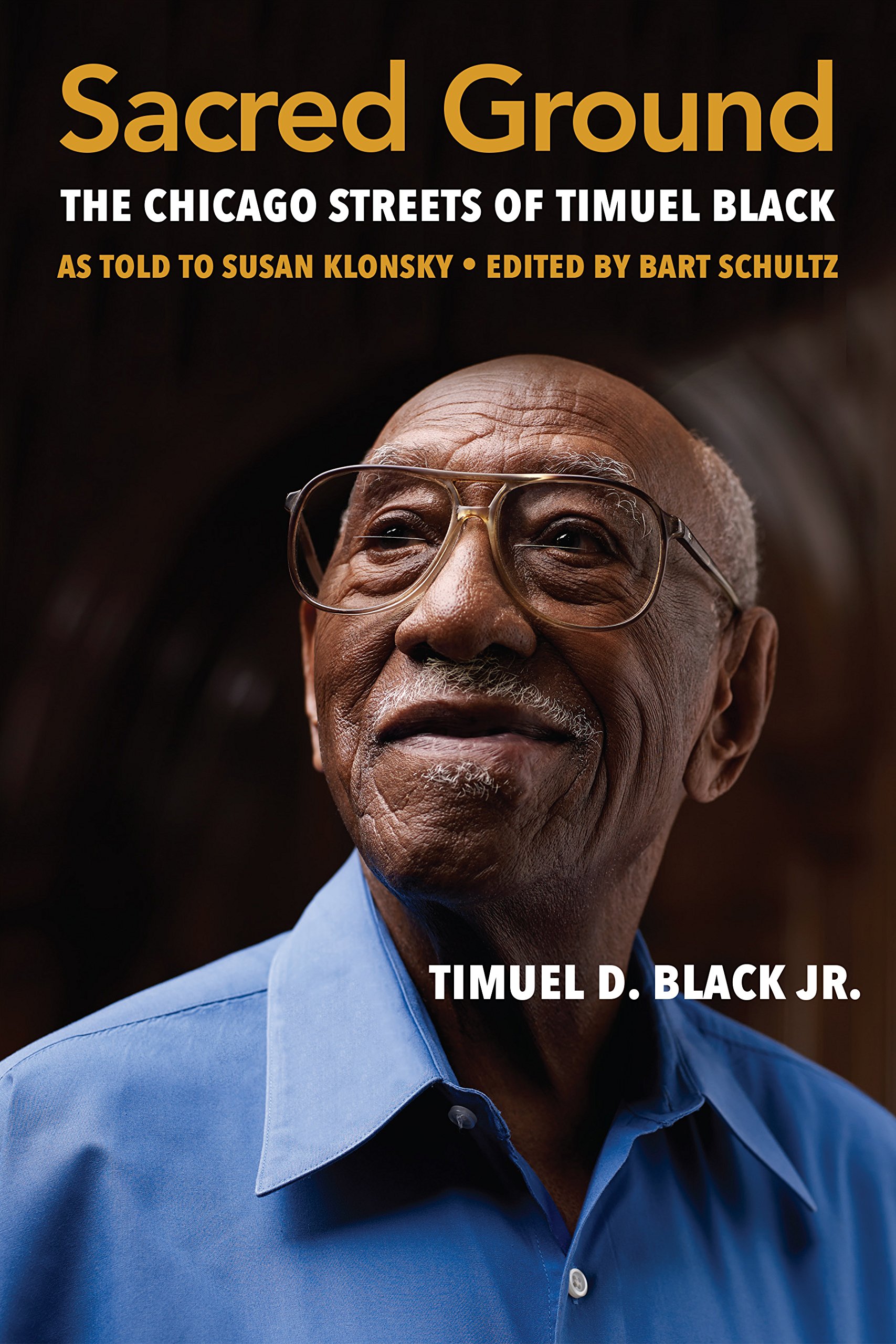
You have written a couple of books; they have been oral interviews with significant families. Are there any more books for you?
Yes, a third volume of Bridges of Memories will be released soon. I have completed another book called Sacred Ground. It is a story of me growing up on the South Side of Chicago, to be published by Northwestern University. I have lived on the South Side of Chicago since I was eight months old. The South Side is my home. I have always voted in Chicago, from since I was able to the present.
What advice would you give to youth?
Keep on going. Tomorrow is going to be a better day.
